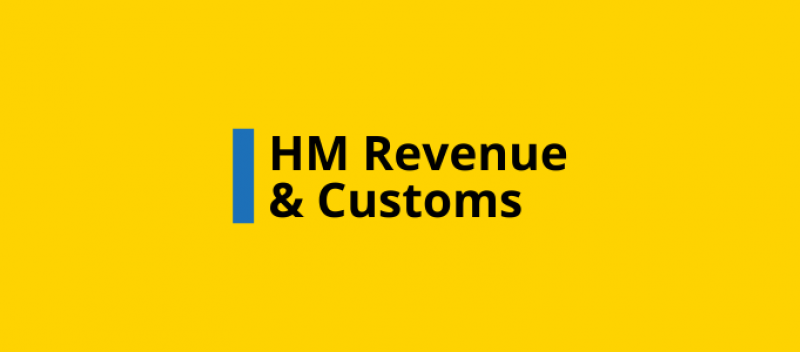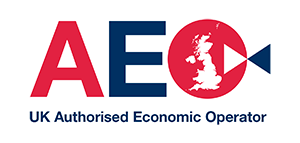
For some goods, the exporter may also need to hold supplier declarations. Supplier declarations are documents that your supplier provides to you, that help you establish whether the goods you’re exporting meet the product-specific rules of origin. These are needed as supporting evidence to confirm the origin of the goods, when the manufacture alone is not enough to meet the product-specific rules of origin.
From 1 January 2022, if you issue statements on origin for goods you export to the EU, you must have supplier declarations (where required) at the time you export your goods. More information on when supplier declarations are needed is available on GOV.UK.
Between 1 January and 31 December 2021, you have been allowed to export goods to the EU using preferential tariffs without holding supplier declarations at the time you issued statements on origin, as long as you were confident that these goods met the rules of origin. This was to allow you more time to get your supplier declarations afterwards. This temporary easement will end on 31 December 2021 and you must hold supplier declarations for goods you’ve exported this year.
If you cannot provide a supplier declaration, or other suitable evidence, to confirm the UK origin of goods you’ve issued statements on origin for when exported to the EU between 1 January and 31 December 2021, you must let your EU customer know.
If you’re asked to verify the origin of your goods and you can’t provide this supporting evidence:
- your EU customer will be liable to pay the full (non-preferential) rate of Customs Duty
- you may be charged a penalty
- you may be excluded from using preferential tariffs going forward
You can find more information about using supplier declarations to support a proof of origin on GOV.UK.
HMRC








